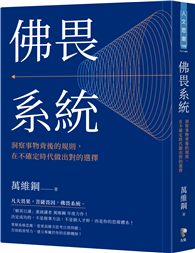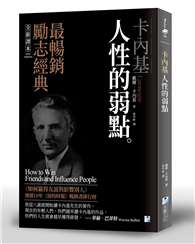The apostle Paul was a Jew. He was born, lived, undertook his apostolic work, and died within the milieu of ancient Judaism. And yet, many readers have found, and continue to find, Paul’s thought so radical, so Christian, even so anti-Jewish - despite the fact that it, too, is Jewish through and through. This paradox, and the question how we are to explain it, are the foci of Matthew Novenson’s groundbreaking book. The solution, says the author, lies in Paul’s particular understanding of time. This too is altogether Jewish, with the twist that Paul sees the end of history as present, not future. In the wake of Christ’s resurrection, Jews are perfected in righteousness and - like the angels - enabled to live forever, in fulfilment of God’s ancient promises to the patriarchs. What is more, gentiles are included in the same pneumatic existence promised to the Jews. This peculiar combination of ethnicity and eschatology yields something that looks not quite like Judaism or Christianity as we are used to thinking of them.
| FindBook |
|
有 1 項符合
Novenson的圖書 |
 |
$ 1520 | Paul and Judaism at the End of History
作者:Novenson 出版社:Cambridge University Press 出版日期:2024-12-19 語言:英文 規格:精裝 / 350頁 / 普通級/ 初版  看圖書介紹 看圖書介紹
|
|
|
圖書介紹 - 資料來源:博客來 評分:
圖書名稱:Paul and Judaism at the End of History
|











